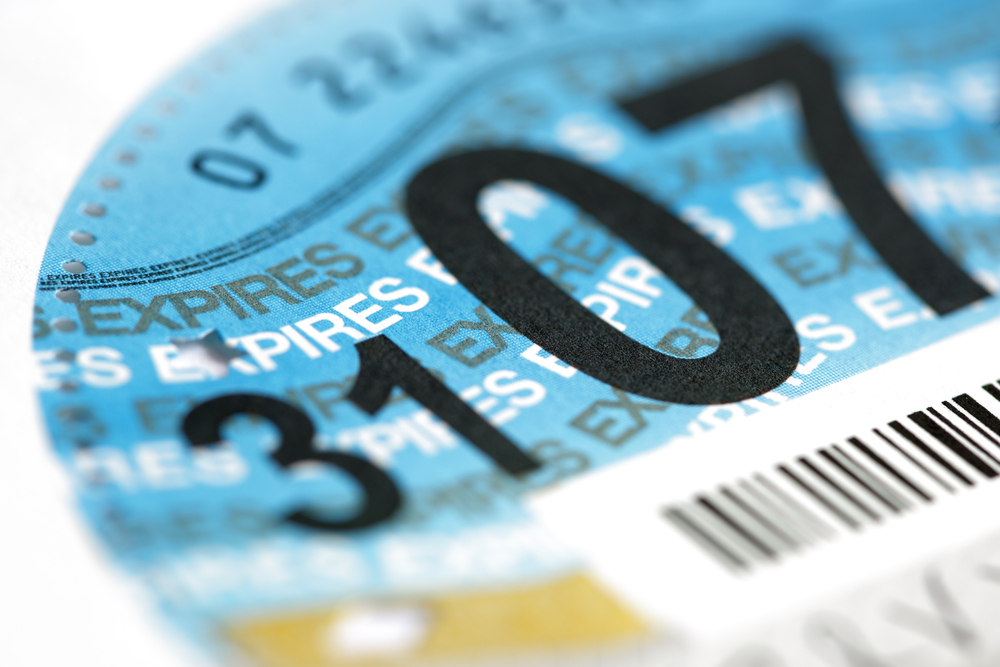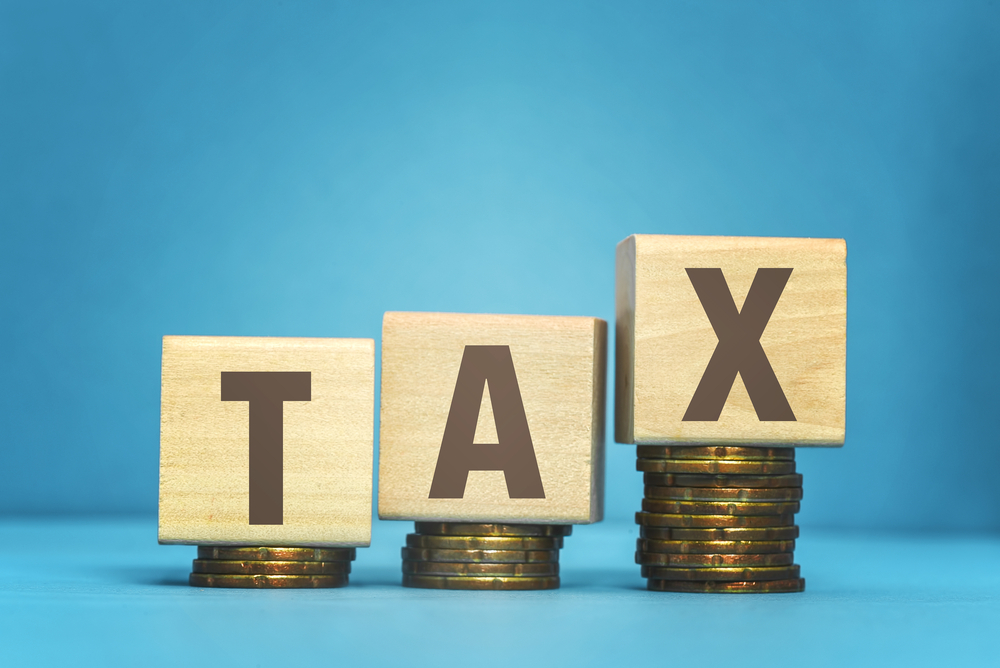
Unless you’re lucky enough to be living on a remote desert island – tax affects each and every one of us in some way, every day of the year. From our homes and cars, to our holidays and food – tax is somehow involved. With so many different types of tax it can be hard to know just what you’re paying and where your money is going. Take a look at this post from Mr Lender to get a better idea of the taxes we pay every day.
Income Tax
One of the most common forms of tax which you have most likely heard of is Income Tax. This is deducted from most forms of income, including a wage from an employer, some state benefits, pensions, and many others. If you are over the age of 16 and earning more than £11,501 – you will need to pay Income Tax. The table below shows you how much you will need to pay based on how much you earn:
| Band | Taxable income | Tax rate |
| Personal Allowance | Up to £11,500 | 0% |
| Basic rate | £11,501 to £45,000 | 20% |
| Higher rate | £45,001 to £150,000 | 40% |
| Additional rate | over £150,000 | 45% |
If you’re currently employed, your employer will likely be paying you through Pay As You Earn (PAYE). This is a system where your Income Tax and National Insurance is automatically deducted from your wages before you get paid
National Insurance
If you’re in employment, you will also likely have paid National Insurance on top of your Income Tax. By paying National Insurance, you contribute towards a number of benefits, including State Pension, Maternity Allowance, and Bereavement Benefits as well as many others. You will start paying National Insurance once you reach 16 and are earning more than £157 a week. Alternatively, if you’re self employed you will need to be making a profit of at least £6,025 per year before you start paying National Insurance.
Vehicle Tax
Another tax which you may have had to pay at some point is Vehicle Tax. In the UK, every car driven on the road must be taxed for it to become legal. The rate will vary for each car as it based on the car’s CO2 emissions. For some cars you won’t need to pay Vehicle Tax if its CO2 emissions are zero. Vehicle Tax ranges from £0 to £2,000, depending on the emissions as well as the type of fuel used.

Council Tax
If you own or rent a property in the UK, you will need to pay Council Tax. The amount you will need to pay is calculated based on the valuation band the home falls under, how much the council charges for that particular band, and also if you’re entitled to any discounts. If two or more adults are living at the property, the full Council Tax bill will need to be paid – however you may be entitled to a 25% discount if you’re the only adult currently residing there, or if you’re not living with anyone else who may be classed as an adult.
According to Gov.uk, the following categories are not classed as an adult for Council Tax purposes, and therefore may not need to pay Council Tax:
- children under 18
- people on some apprentice schemes
- 18 and 19-year-olds in full-time education
- full-time college and university students
- young people under 25 who get funding from the Skills Funding Agency or Young People’s Learning Agency
- student nurses
- foreign language assistants registered with the British Council
- people with a severe mental impairment
- live-in carers who look after someone who isn’t their partner, spouse, or child under 18
- diplomats
Tobacco and alcohol
When buying alcohol and tobacco, you must also pay a duty on top of the 20% VAT. The rate varies depending on which product you are buying, and the strength of the alcohol. For a standard box of cigarettes, you will pay an additional 16.5% of the retail price, plus £4.16 on top when you buy a pack of 20. Alcohol duty is calculated based on the type of alcohol and the strength too. For beer, the duty is calculated as follows:
| Strength (ABV) | Beer Duty rate per litre for each % of alcohol |
| More than 1.2%, up to 2.8% | 8.42 pence |
| More than 2.8%, up to 7.5% | 19.08 pence |
| More than 7.5% | 24.77 pence |
Gov.uk give an example of how this would work:
If you buy a pint of lager which has a strength of 5%, it would fall under the second bracket and the Beer Duty will be 19.08p per litre for each percentage of alcohol. So as there is 5% alcohol, the Beer Duty will be 19.08 x 5, which equals 95.4p per litre. A pint is roughly about 0.568 litres, so 95.04 x 0.568 = 54.19. This means you will pay 54.19 on top of the retail price for your pint of lager, as well as the 20% VAT too.
The rate is calculated slightly differently for cigars, tobacco, cider, wine and spirits, but the general concept is the same.

Inheritance tax
Inheritance Tax is deducted from the value of the estate (including property, money or possessions) of someone who has passed away. You will need to pay Inheritance Tax if the value of the estate is more than £325,000, or if it hasn’t been left to a spouse, civil partner, charity or community amateur sports club in a will. If you decide to leave your home to your children (including stepchildren, and adopted or fostered children) or grandchildren, the threshold will increase to £425,000.
The standard rate of Inheritance Tax is 40% and is only charged to the value of the estate which has gone above the threshold. For example, if your estate is worth £500,000 and your tax-free threshold is £325,000, you will pay 40% tax on £175,000 (£500,000 minus £325,000). This means you will pay £70,000 in Inheritance Tax.
Stamp Duty
According to Gov.uk, Stamp Duty Land Tax (SDLT) is a tax which must be paid “if you buy a property or land over a certain price in England, Wales and Northern Ireland”. The amount you pay in SDLT depends on whether the property or land is being used for residential or non-residential use. If the property or land is for residential use, you will need to pay SDLT if the property or land is valued at more than £125,000 – though the threshold increases to £150,000 for non-residential use. If you’re unsure how much you will need to pay in SDLT, there are calculators online to help work out the cost.
Insurance Premium Tax
In the UK, an Insurance Premium Tax (IPT) is added to most forms of insurance, including household, travel, and vehicle insurance. As part of EU legislation, insurances are exempt from Value Added Tax (VAT) – because of this, the IPT was introduced in 1993 to bring in revenue from the insurance sector. There are two types of IPT: the standard rate which is charged at 12% which is added to most forms of insurance including household, and the higher rate of 20% which is added to things such as travel insurance, and insurance taken out to cover mechanical or electrical appliances. While it may seem IPT is added to everything, there is also a long list of instances where IPT is exempt.
Air Passenger Duty
If you have been on an aeroplane at some point since 1994, you will likely have paid Air Passenger Duty when you booked your flights. This is a duty which each passenger will pay when they book a flight heading out of the UK. Air Passenger Duty is calculated based on the length of the flight and the class of travel. The rate of Air Passenger Duty for a standard class flight is £13 for flights up to 2,000 miles from London. This rate of Air Passenger Duty increases to £78 for any flight more than 2,000 miles away from London.

What to do if you haven’t paid the right amount of tax
If you believe you may have underpaid or overpaid on your taxes, it is important that you address the issue as soon as possible. There are lots of online calculators available which can help you to work out just how much you should be paying. If you have unknowingly underpaid on your taxes, HMRC will usually automatically deduct the additional tax in instalments each month over the course of a year. If you have overpaid on your taxes, you will usually receive a cheque from HMRC reimbursing you for the additional taxes which you’ve paid.
While this post covers some of the taxes which are likely to affect you in some way or another, there are various other taxes which you may need to pay, but haven’t been covered in this post. If you’re unsure about any taxes you may need to pay, visit Gov.uk where there is plenty of helpful information available.

